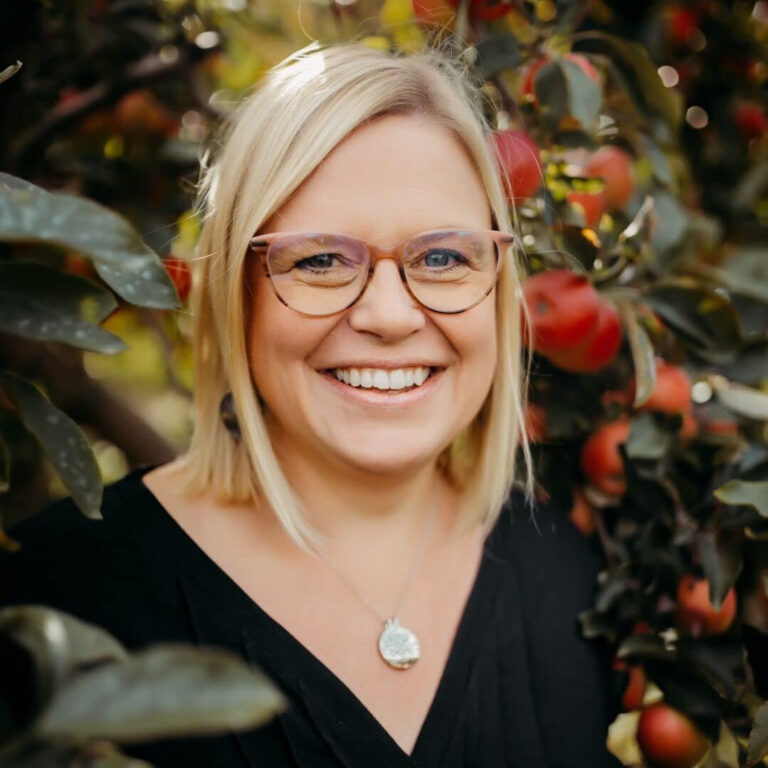Man is born broken. He lives by mending. The grace of God is glue. – Eugene O’Neill
I’ve grown more nervous to visit the pediatrician’s office ever since my kids became old enough to answer the nurse’s preliminary questions on their own. Will they tell the truth about how few fruits and vegetables they eat? That they rarely wear their bicycle helmets when they’re racing around the neighborhood? About the times my husband let them sit on his lap on the drive home from daycare (it was one block away) or take sips of his beer?
I remember the April afternoon last year — in the midst of our tightest pandemic lockdown — when I found myself stuck in traffic as I waited for a passing train on the way to pick up some groceries. Next to me was a car driven by a woman smoking a cigarette. As I glanced her way a second time, I realized it was one of our pediatrician’s nurses.
At that moment, I realized that, just maybe, this woman who was the recipient of my children’s honesty, who nodded her head and typed my family’s imperfections into our permanent medical records was not flinging the judgement I had always assumed. I considered, for the first time, that she may also be the parent to imperfect children and that she had her own imperfections. I also realized that the shame I often take on is not always the result of the judgment of others, but comes straight from my own head.
The pandemic has exacerbated all kinds of emotions over the last year. And while disagreements about mask mandates may be one of many issues to increase the amount of bickering on social media, our collective state of imperfection has also left a bit more room for us to admit when we’re falling apart.
Last spring, I noticed a change in the atmosphere on Facebook when there weren’t quite as many shiny pictures to share because there weren’t quite as many shiny moments. Our kids might have climbed a tree in the backyard, they might have done even half of the online math practice that was assigned, they might have even changed their underwear a few times that week, but quarantined at home, there wasn’t a whole lot to humblebrag about.
So, while vaccinations and the promise of summer and outdoor activities provide us the promise of an end to this pandemic, maybe we shouldn’t forget everything we learned during that long stretch of time when we woke up to mornings that looked a lot like the day before. We did the best we could. Sometimes we cried a little while making muffins, sometimes we lost it on our kids because they left their dirty ice cream bowls in the living room again, sometimes we let them play video games for four hours straight because, well, what else were they going to do? And how else were we going to get our work done?
A year ago, my son was not quite the required 4’ 8” tall and was sitting in the front seat of my car and his nurse in the car next to us was smoking a cigarette — and we were all a bit more apt to admit that none of us really has it all together.
Alternatively this spring, like the last 30 miles of a road trip squished in a crowded car, I’ve noticed irritation levels are running higher. We are fed up, ready to be done with this journey, ready to be done with all this talk (and action) about loving our neighbors.
While there is a lot of talk of when and how life will go back to “normal,” I hope that maybe, just maybe, we can all come out of this pandemic a little more kind, a little more willing to lean into grace. And that may begin by first accepting a little more of that kindness and grace for ourselves.
Photo by Ashley Byrd on Unsplash

